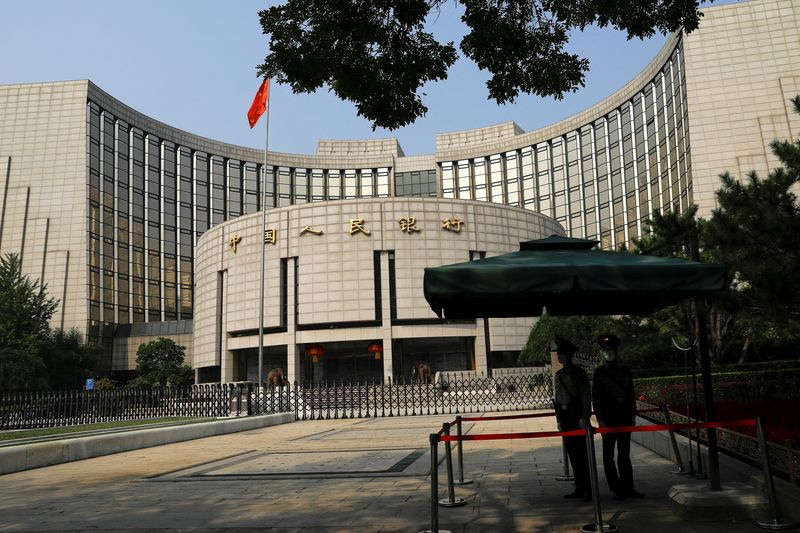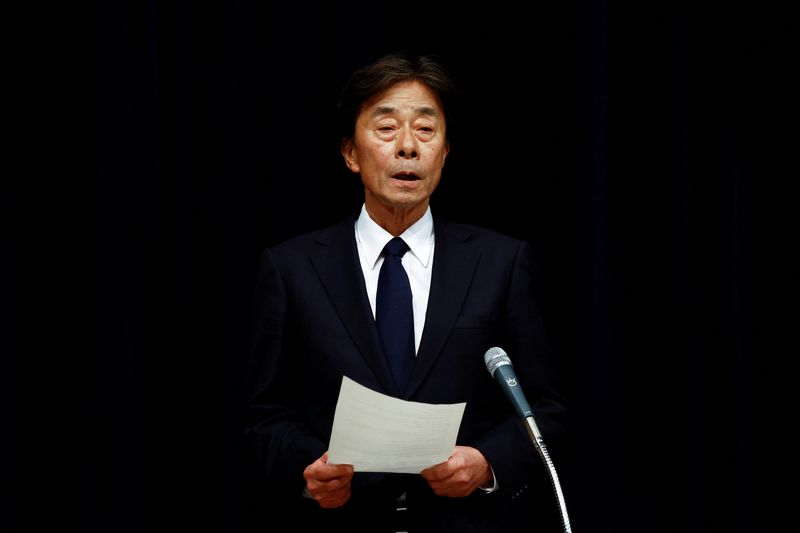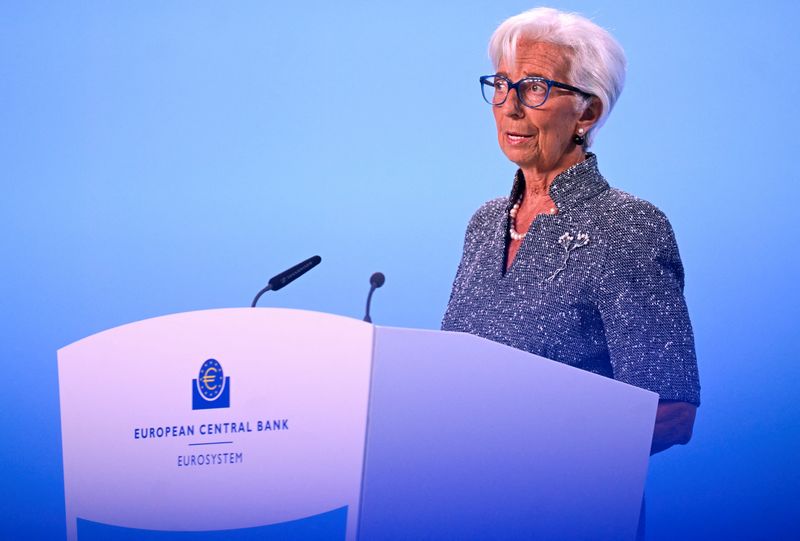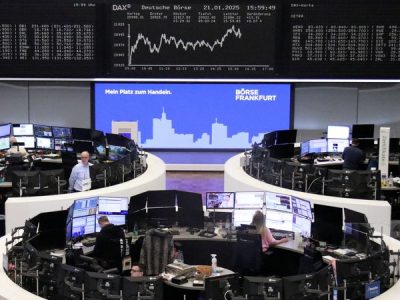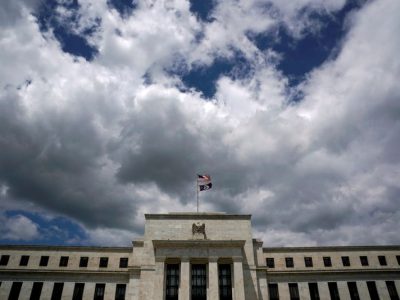
By Balazs Koranyi
(Reuters) – Euro zone inflation fell to its lowest level in three years this month, adding to the case for another European Central Bank interest rate cut in September, even if price growth is likely to rebound towards the end of the year.
Inflation in the 20 countries sharing the euro slowed to 2.2% from 2.6%, in line with expectations, as lower energy costs pushed it closer to the ECB’s 2% target after three years of above-target price growth.
Underlying figures painted a more nuanced picture, however, as inflation in services accelerated, a factor that may keep some ECB policymaker worried about wage growth in the sector.
Core inflation, which excludes volatile food and energy costs, still eased to 2.8% from 2.9% a month earlier, in line with expectations, as muted imported goods prices offset a rise in services inflation to 4.2% from 4.0%.
Services prices were likely boosted by the impact of the Olympic Games in Paris as services costs in France jumped sharply in what some economists said would be a one-off, temporary impact.
The ECB is widely expected to cut interest rates on Sept. 12 and the real debate is whether it will follow up this move with more easing in October given moderating price pressures, weaker economic growth and a softer labour market.
While Friday’s figures will be welcomed by ECB policymakers, it could still take until the end of 2025 for price growth to ease back to target on a more sustainable basis.
A base effect in the form of high energy prices a year ago is mechanically pushing down inflation in August and possibly September but policymakers anticipate a U-shaped inflation curve and see a rebound to around 2.5% at the close of the year.
An issue to watch is that market economists see a bigger dip than the ECB’s own staff, which leaves interest rate expectations open to volatility in case a less benign outlook materialises.
For now, markets see about six rate cuts before the end of next year, roughly one more cut than is baked into the ECB’s own economic projections, indicating that markets are more optimistic about the price outlook than the ECB.
Rapid wage growth has likely remained ECB policymakers’ top concern, especially since services, the largest single item in the consumer price basket, is particularly sensitive to wages.
While wage growth has slowed sharply, it remains quicker than what would be consistent with 2% inflation and unions continue to demand big pay increases to compensate for real incomes lost to high inflation.
The ECB has long argued that some wage catch-up is warranted but policymakers say they will not be confident in the inflation outlook until the catch-up process is over.
Germany’s central bank has been especially vocal about wage risks, arguing that unions are increasingly demanding big pay increases, so pressure on incomes will likely persist.


